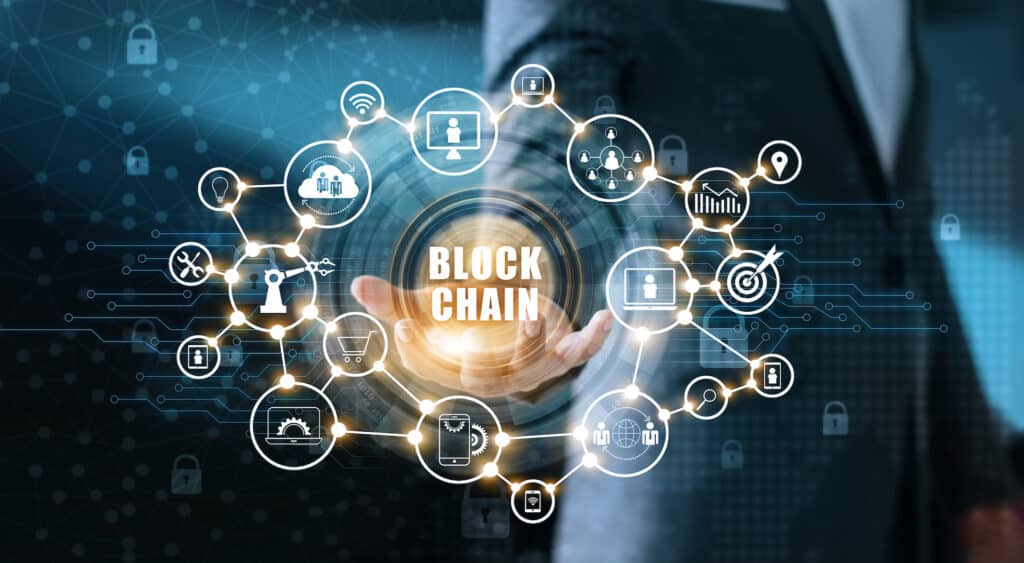What is Data Poisoning, and Why Does it Matter?

While artificial intelligence and machine learning both offer many benefits to business owners and individuals, there are always risks when adding new technology to your workplace. Although technology can help to automate your business and save you money in the long run, data poisoning is something you need to be aware of when implementing new […]
Blockchain Technology and it’s Function

Since it was first developed in 1991, the main purpose of the blockchain is to store data in a secure way. With its unique methods, this can be utilized in a variety of work industries as it enables sharing of information in a quick, accurate, and secure manner. To fully appreciate the idea of this […]
Astute CEOs Understand the Significance of Disaster Recovery

The pandemic has forced many companies to make significant changes in the way they conduct their business — especially the way in which their employees use corporate technology systems. While many companies adroitly managed a multitude of drastic changes within a short span of time, others organizations may have unknowingly left some gaps that could […]
Will the U.S. Consider Data Privacy Regulation in the Future?

It certainly is understandable that consumers are very concerned about data privacy, whether they provide personal information online, or whether they use other mechanisms to provide personal information to companies and organizations with which they interact. One need only to read a few horror stories about the difficulties that arise out of identity theft or […]
5 Reasons Your Organization Needs a Data Replication Solution

In the past, companies had only data backups to rely upon in the case of a natural disaster, a data breach, or a system failure. Whether they wanted to or not, they had no other choice but to wait hours — days in some cases, for their system to be up and running again. They […]

